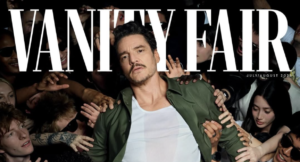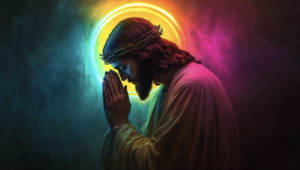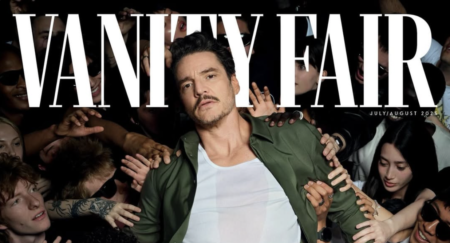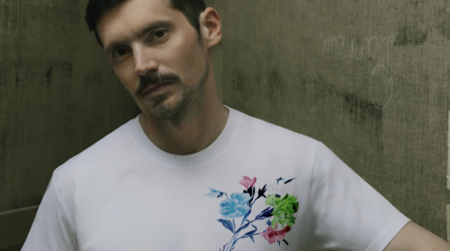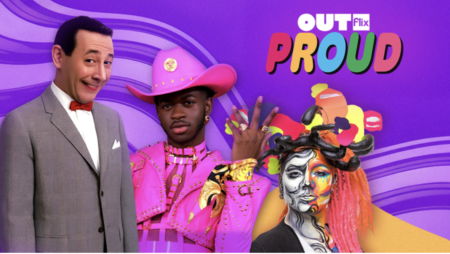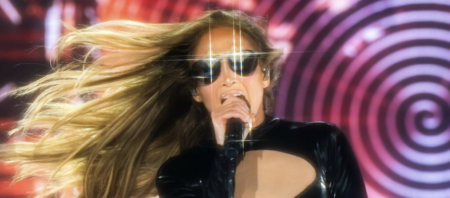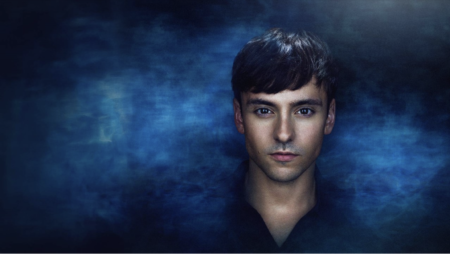The Toronto Film Festival premiered ‘On Swift Horses’, a 1950s-set queer drama featuring Jacob Elordi and Daisy Edgar-Jones that explores hidden desires and identity amidst societal constraints.
Jacob Elordi and Daisy Edgar-Jones lit up a cold September night with their presence at the Toronto Film Festival, where their latest film, On Swift Horses, made its debut. The 1950s-set queer drama delves deep into hidden desires and risky gambles during an era when acting on such impulses could spell personal and social ruin.
The film, directed by Daniel Minahan and adapted from Shannon Pufahl’s novel, centres around Julius, a card shark portrayed by Elordi, and his sister-in-law Muriel, played by Edgar-Jones. Julius navigates his secret desires with Diego Calva’s character, a compelling con man, while Muriel finds herself in a passionate affair with Sandra, an enigmatic bohemian neighbour brought to life by Sasha Calle. The narrative is intertwined with compulsive gambling, run-ins with aggressive gangsters and grifters, clandestine gay clubs, and even some urban horse riding, creating a rich tapestry of mid-century subversive adventure.
Following the screening at the Princess of Wales Theatre, a stage Q&A session revealed the director’s inspiration behind the film. Minahan expressed that he was drawn to On Swift Horses due to its positive re-imagining of the American dream through a queer perspective. “She made a story about people who were hiding themselves, people who were watching, people who were exploring and trying to find themselves, and they end up connecting,” Minahan said, referring to Pufahl’s optimistic portrayal which ensured a hopeful conclusion — a defining aspect important to the entire creative team.
While the film’s layers are complex and filled with hurdles, including intense gambling scenes and confrontations with formidable underworld figures, Minahan emphasised that the story avoids a tragic ending in favour of one imbued with hope.
Elordi, whose arrival at the theatre drew loud cheers from fans, shared an interesting tidbit about his casting experience. Despite his significant popularity from roles in Saltburn and Euphoria, he insisted on auditioning for the role of Julius. His interpretation of this audition process slightly differed from Minahan’s, inviting some light-hearted banter during their discussion.
For Daisy Edgar-Jones, portraying Muriel was a journey from compliance to defiance and discovery. Initially embodying a character confined by society’s suburban expectations, she is soon liberated by engaging in risky ventures and romantic escapades with Sandra. Edgar-Jones mentioned feeling inspired by Muriel’s hopeful pursuit of her desires and her moments of subtle rebellion.
Elordi embraced the opportunity to play Julius, describing it as “being a cowboy” and experiencing a sense of American freedom akin to a road warrior lifestyle filled with “shitty motels” and leather jackets. This freedom also symbolised an emotional and physical liberation for the character, moving beyond just the physicality to form deeper connections.
For Sasha Calle and Diego Calva, the film resonated on themes of love and identity. Calle described the film as a heartfelt exploration of love, emphasising the importance of feeling safe in one’s romantic pursuits regardless of convention or expectation. Calva added that the narrative also speaks to the courage required to find and follow one’s path, a universal truth that he believes resonates with everyone.





